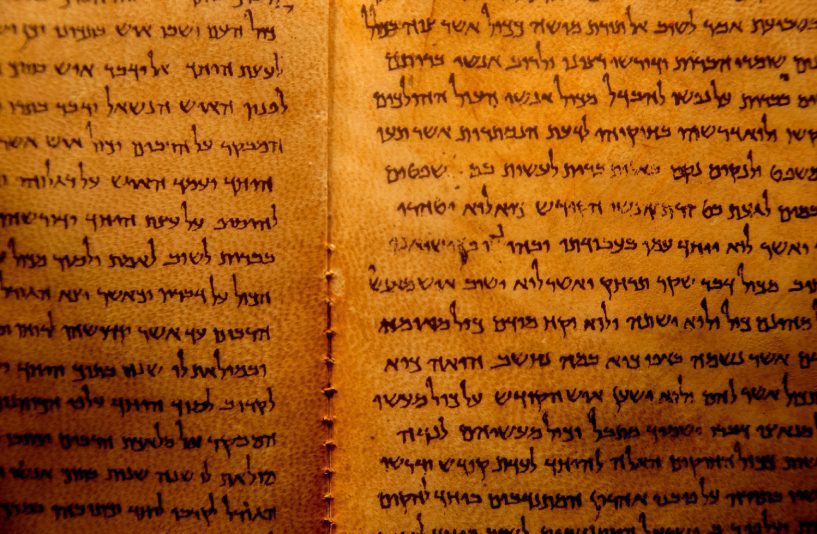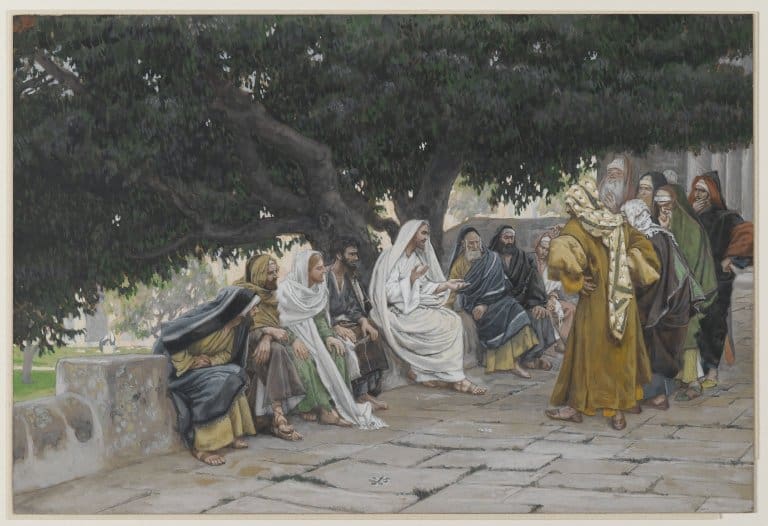The Essenes were an ancient Jewish sect that flourished during the Second Temple period, known for their distinct religious practices and secluded communal lifestyle. This post delves into the world of the Essenes, shedding light on their origins, beliefs, and lasting impact on Jewish history.

The exact origins of the Essenes remain shrouded in mystery. Historians believe they emerged in the 2nd century BCE, likely due to religious and social unrest during Hellenistic and Roman rule in Judea. The Essenes are not explicitly mentioned in Jewish scripture, but accounts by ancient historians like Josephus and Philo provide valuable insights into their existence.
The Sadducees

The Essenes led an ascetic and communal way of life, establishing self-sustaining communities in the Judean desert near the Dead Sea. They practiced celibacy, renounced personal possessions, and shared all resources collectively. These close-knit communities fostered a sense of purity, devotion, and spiritual discipline.

Beliefs and Practices: The Essenes upheld a strict code of conduct in Jewish law and ethics. They emphasized ritual purity and observance of the Sabbath. The study and interpretation of scripture played a central role in their daily lives. The Essenes were also known for their meticulous copying and preservation of ancient texts, as evidenced by the discovery of the Dead Sea Scrolls in the mid-20th century.
The Essenes Esoteric Teachings
Beyond mainstream Judaism, the Essenes embraced esoteric and mystical beliefs. They placed significance on angelic beings, believed in divine providence, and engaged in spiritual purification and ascent rituals. Their unique teachings and practices influenced later Jewish mysticism, particularly during the development of Kabbalah in the Middle Ages.
Second Temple Jewish Sectarianism

Relations with Other Jewish Groups: The Essenes maintained a distinct identity and often withdrew from mainstream Jewish society. However, they did interact with other sects, such as the Pharisees and Sadducees. While they shared some similarities with the Pharisees in their emphasis on purity and observance, they differed in their approach to Temple worship and eschatological beliefs.

The Essenes’ existence dwindled in the 1st century CE, likely due to the Roman conquest of Judea and the destruction of the Second Temple. Historical records indicate that some Essenes may have joined other Jewish factions or assimilated into broader society. Nonetheless, their impact endured through discovering the Dead Sea Scrolls, which revealed their religious texts and provided valuable insights into Jewish history, biblical interpretation, and sectarian practices.
The Dead Sea Scrolls

The Essenes, with their distinctive way of life and esoteric beliefs, offer a fascinating glimpse into the diverse tapestry of ancient Judaism. While their exact origins and eventual fate may remain enigmatic, their legacy lives on through the Dead Sea Scrolls and their influence on Jewish thought, spirituality, and the development of mystical traditions. The Essenes serve as a testament to the complexity and richness of Jewish history and the diversity of religious expressions within the ancient Jewish world.

